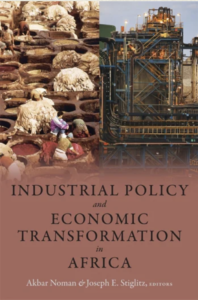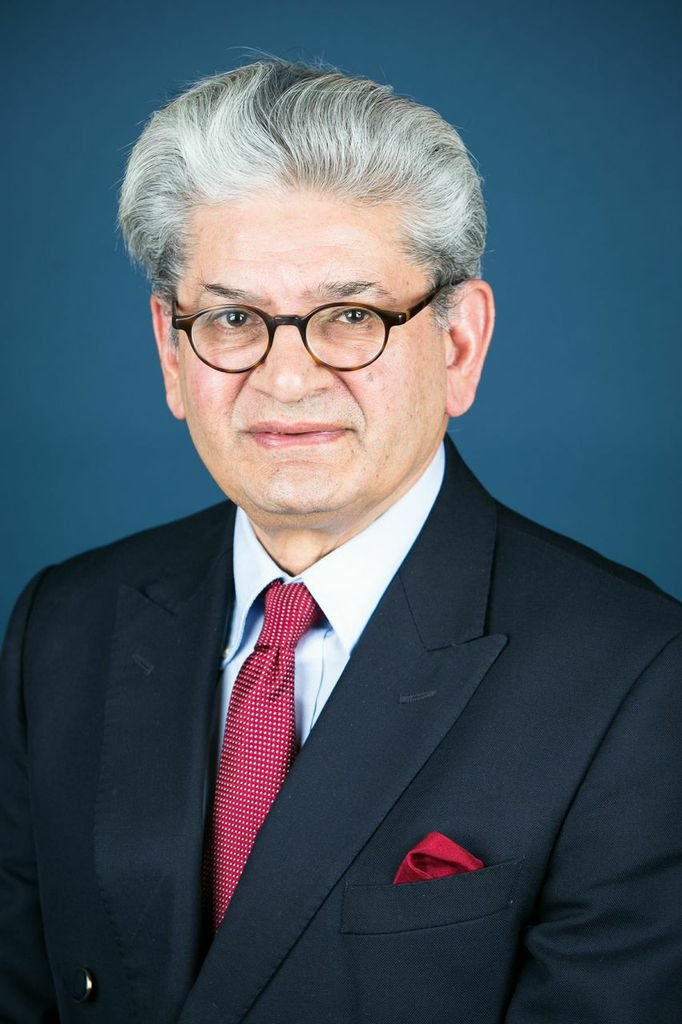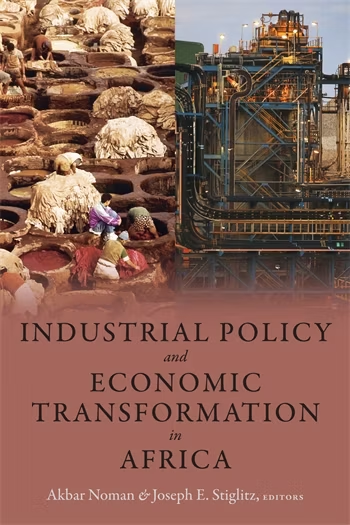
The revival of economic growth in Sub-Saharan Africa is all the more welcome for having followed one of the worst economic disasters–a quarter century of economic malaise for most of the region–since the industrial revolution. Six of the world’s fastest-growing economies in the first decade of this century were African. Yet only in Ethiopia and Rwanda was growth not based on resources and the rising price of oil. Deindustrialization has yet to be reversed, and progress toward creating a modern economy remains limited.
This book explores the vital role that active government policies can play in transforming African economies. Such policies pertain not just to industry. They traverse all economic sectors, including finance, information technology, and agriculture. These packages of learning, industrial, and technology (LIT) policies aim to bring vigorous and lasting growth to the region. This collection features case studies of LIT policies in action in many parts of the world, examining their risks and rewards and what they mean for Sub-Saharan Africa.
Akbar Noman teaches at Columbia University, where he is a senior fellow at the Initiative for Policy Dialogue, cochair of its Africa Task Force, and adjunct associate professor at the School of International and Public Affairs. He has also worked at Oxford University; the Institute of Development Studies at the University of Sussex; a number of international organizations, including the World Bank; and senior governmental positions.
Joseph E. Stiglitz is University Professor at Columbia University, former chief economist and senior vice president of the World Bank, and former chair of the Council of Economic Advisers under President Clinton. His books include Making Globalization Work; Freefall: America, Free Markets, and the Sinking of the World Economy; The Price of Inequality: How Today’s Divided Society Endangers Our Future; Fair Trade for All (with Andrew Charlton), Creating a Learning Society: A New Approach to Growth, Development, and Social Progress (with Bruce C. Greenwald) and The Great Divide: Unequal Societies and What We Can Do About Them. In 2001, he was awarded the Nobel Prize in economics.
About the Editors
Akbar Noman
Senior Policy Fellow
Initiative for Policy Dialogue (IPD)
Akbar Noman is Senior Fellow at the Initiative for Policy Dialogue and Adjunct Professor at Columbia University’s School of International and Public Affairs. His other academic appointments include Oxford University, and the Institute of Development Studies at the University of Sussex. Dr. Noman has spent over 25 years at the World Bank, where he held a variety of assignments. His regional foci included Africa, Asia and the transition economies in Europe and Central Asia. He has served as Economic Adviser to Pakistan’s Ministry of Finance and on the Prime Minister’s Committee on Economic Policy. He has also worked for the ILO’s Asian Regional Team for Employment Promotion based in Bangkok and as a Visiting Fellow at Oxford University.
Joseph Stiglitz
President
Initiative for Policy Dialogue (IPD)
Joseph E. Stiglitz is President of the Initiative for Policy Dialogue, and Chairman of the Committee on Global Thought at Columbia University. He is University Professor at Columbia, teaching in its Economics Department, its Business School, and its School of International and Public Affairs. He chaired the UN Commission of Experts on Reforms of the International Monetary and Financial System, created in the aftermath of the financial crisis by the President of the General Assembly. He is former Chief Economist and Senior Vice-President of the World Bank and Chairman of President Clinton’s Council of Economic Advisors. He was awarded the Nobel Memorial Prize in Economics in 2001.
 Akbar Noman
Akbar Noman Joseph Stiglitz
Joseph Stiglitz

 Jeronim Capaldo
Jeronim Capaldo Kevin Gallagher
Kevin Gallagher Gabriela Plump
Gabriela Plump Anya Schiffrin
Anya Schiffrin Roberta Carlini
Roberta Carlini